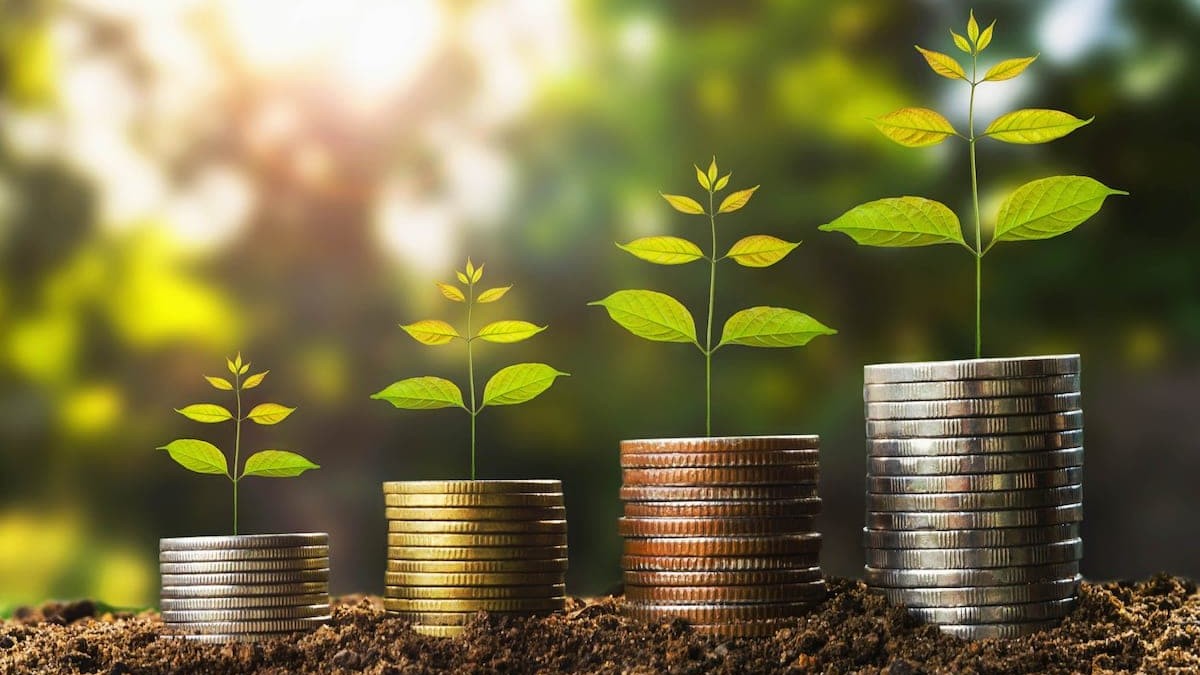When the economy is in a rut, we all seem to know it.
So, isn’t it nice when the economy is pumping strong? We get a little raise, we have a little extra, we splurge a little more, and put a little extra away. It feels good.
If that’s how you feel, it’s not your imagination. Unemployment in the U.S. is at a 50-year low. And, according to Moody’s Analytics, a record number of open job positions and bigger paychecks are increasing consumer spending. That in turn boosts company profits that are reinvested to create new jobs and other investments. It’s called a “virtuous cycle,” or a complex chain of events that power the economy to new heights. And it’s happening here in Denver South.
A virtuous cycle might be easiest to explain by describing its opposite: the vicious cycle.
A vicious cycle is a chain of events that negatively impact the economy. Think high unemployment leads to lower spending leads to lower profit margins, hiring freezes, and layoffs. A virtuous cycle, however, is when strong wages stimulate economic growth.
To learn more about our programs & services please contact one of our team members today:
Entrepreneurial Support:
EcoDevo@denver-south.com
Existing Businesses:
Becky Nelson
Becky@denver-south.com
Prospective Businesses:
Christine Shapard
Chris@denver-south.com
Wages are growing, especially in Denver. According to the June 2019 Paychex | IHS Markit Small Business Employment Watch, Denver exceeded three percent hourly earnings growth, topping out at 30.71 per hour. Locally and globally, higher wages are powering the cycle.
And, business is booming. Colorado ranked ninth in the U.S. for commercial real estate development, which created and supported 102,845 jobs in 2018, contributing $14.3 billion to the State’s economy. In the first quarter of 2019, Arrow Electronics’ (headquartered in Englewood) global earnings increased 4 percent year-over-year. Liberty Media’s revenue in the first quarter increased to $1.7 billion.
Money isn’t just increasing corporate profit margins. With increased wages, consumers are spending it in restaurants, on entertainment, and more. Disposable income is expected to advance 3% in Colorado, compared to 2.5% nationally, according to the Colorado Restaurant Association. Total restaurant sales in Colorado are expected to exceed $13 billion in 2019.
When wages drive the economy, it’s different from when external factors do, like a tax stimulus.
Suggested Reading:
The question is: will it last? The short answer is, for now, yes.
Again, according to Moody’s Analytics, the country is experiencing the longest period of consistent growth in the nation’s history. The current economic expansion will likely have some level of permanent effect on the region, allowing Denver South to thrive in this virtuous cycle, and beyond.


